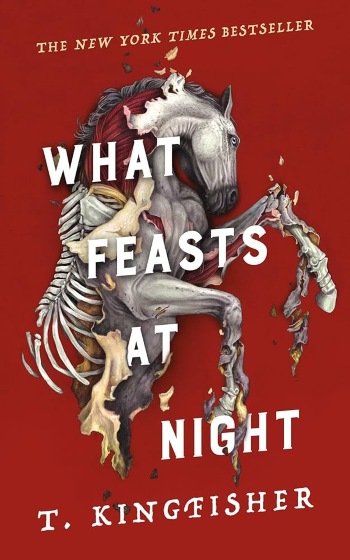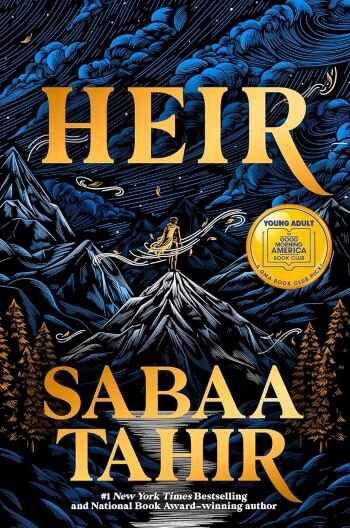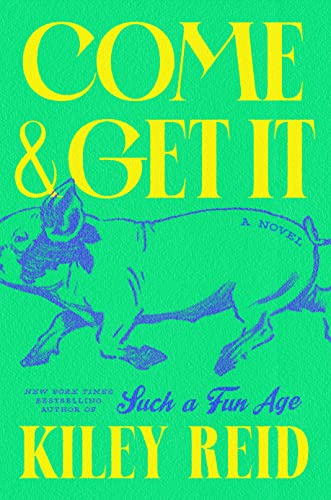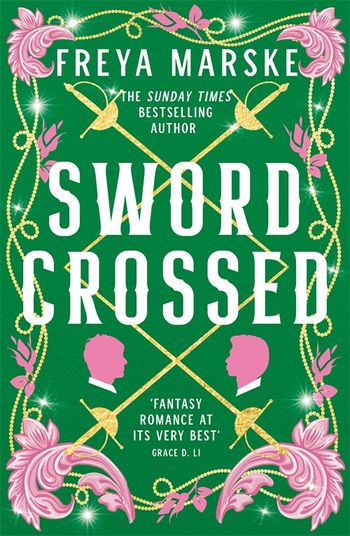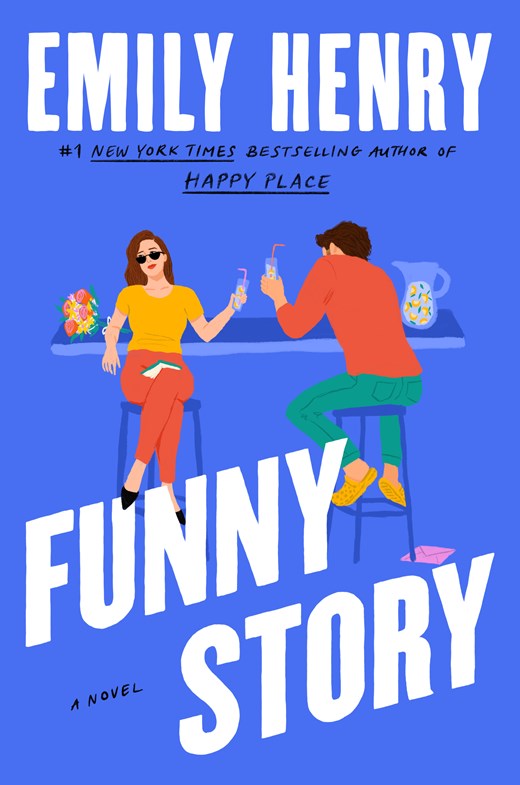Book Review | Martyr! by Kaveh Akbar
Akbar’s debut novel brings a fresh and powerful voice to fiction. With a rare combination of humor and sincerity, Martyr! explores complex themes without losing its humanity. This novel, marked by poetic mastery and emotional depth, establishes Akbar as an exceptional writer to watch.
Martyr! by Kaveh Akbar tells the story of Cyrus Shams, an Iranian-American poet confronting addiction, grief, and the search for purpose. Akbar, known for his poetic prowess, brings this novel to life with vibrant language, dark humor, and profound insights into cultural identity and spirituality. In this Martyr! book review, readers will discover how Akbar’s debut novel intricately combines personal narrative with philosophical reflections, all set against the backdrop of a modern quest for meaning.
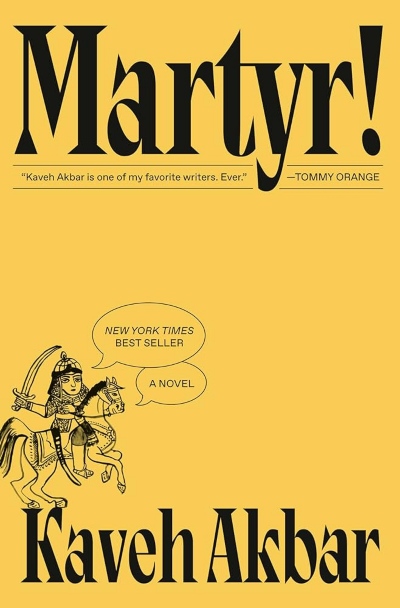
Introduction to Cyrus and His Struggle
In Martyr!, Akbar introduces Cyrus Shams, a man facing inner demons in the wake of his sobriety. Cyrus, born to Iranian immigrant parents, struggles with emptiness shaped by family loss and cultural disconnection. He begins a symbolic journey to understand martyrdom, hoping to bring meaning to his life. Cyrus contemplates writing a book of poems about famous martyrs as part of this search.
Key Themes Introduced:
- Search for Identity: Cyrus feels culturally estranged yet driven to understand his Iranian heritage.
- Art and Redemption: He turns to poetry to create meaning out of loss and suffering.
- Existential Emptiness: Cyrus’s past traumas and sobriety bring him face-to-face with unrelenting emptiness.
- Martyrdom: His fascination with martyrs is a metaphor for his own desire for significance.
This Martyr! book review illustrates how Akbar weaves these themes into a darkly comic and earnest portrayal of a man’s quest to reclaim purpose in a disillusioned world.
Journey Through Relationships and Culture
Throughout the novel, Cyrus explores complex relationships and encounters individuals who shape his understanding of life, art, and sacrifice. His journey to Brooklyn with his friend Zee and a fateful meeting with Orkideh, a terminally ill artist, introduces readers to a variety of personalities. These characters reveal the novel’s depth and richness, connecting Cyrus’s inner turmoil with universal themes of love, friendship, and mortality.
Akbar uses each relationship to highlight the tensions Cyrus feels as a queer, Iranian-American man. By treating queer relationships as ordinary and complex, Akbar provides an authentic portrayal free from typical tragic undertones. This refreshing representation resonates with modern readers, making Martyr! a novel that challenges norms. Akbar thoughtfully addresses identity in a nuanced and innovative way, giving voice to contemporary themes in LGBTQ+ storytelling.
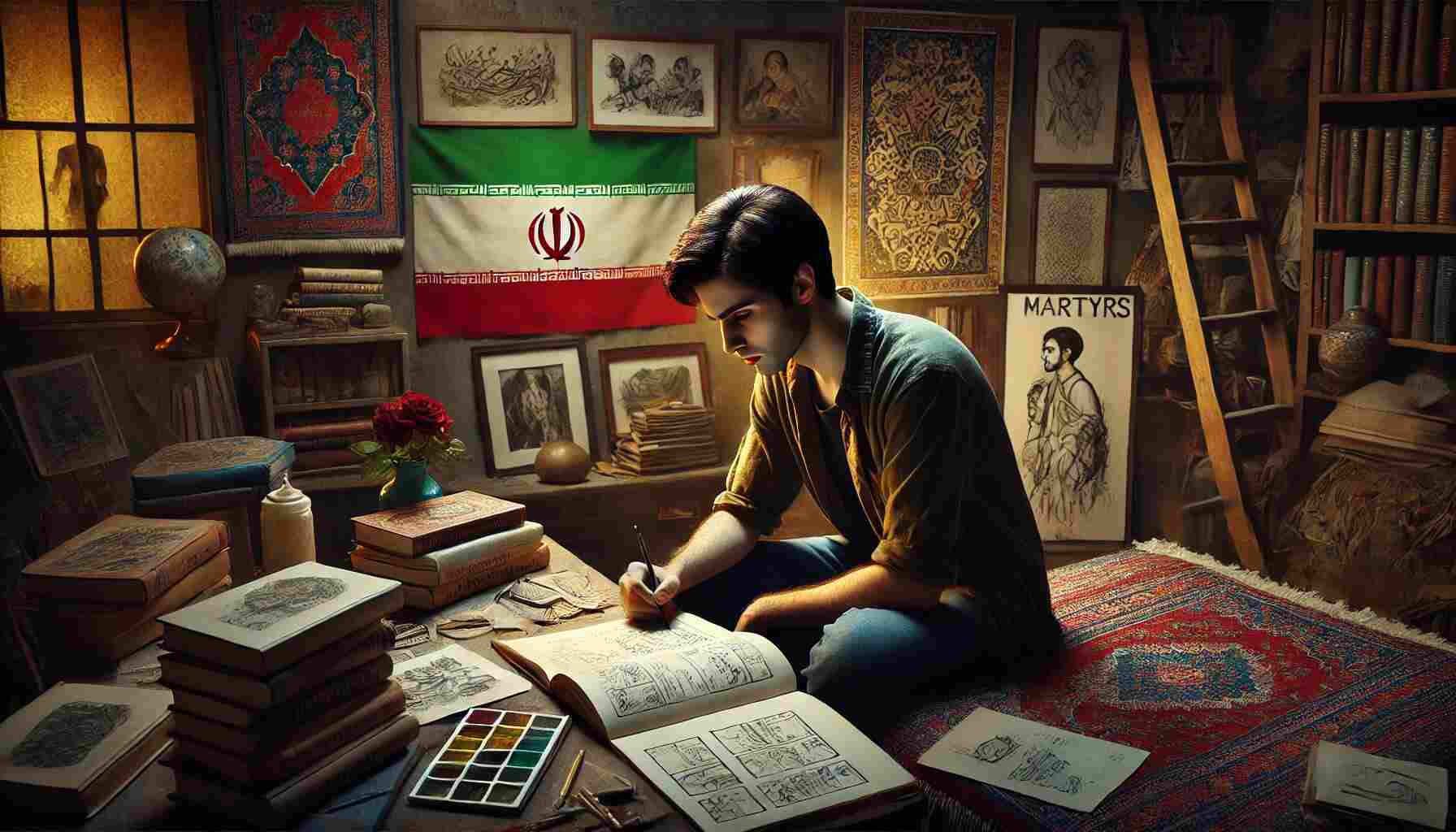
Akbar’s nuanced exploration of cultural and sexual identity strengthens the narrative, painting Cyrus as a multi-dimensional character whose quest for meaning resonates deeply with readers. This review of Martyr! captures the novel’s dedication to authentic storytelling and character development, qualities that set it apart.
Existential Themes and Cyrus’s Search for Meaning
The heart of Martyr! lies in Cyrus’s attempts to understand existence and significance through poetry and martyrdom. His obsession leads him to contemplate creating meaning in his life and death, eventually realizing,
“An alphabet, like a life, is a finite set of shapes. With it, one can produce almost anything.”
This quote encapsulates his belief that life, like language, holds unlimited possibilities despite its constraints.
Cyrus’s fascination with martyrdom and historical figures mirrors his struggle to create a meaningful life amid personal suffering and cultural dislocation. He believes that understanding martyrs might help him give meaning to his own existence. Akbar’s poetic background shines in these moments, blending philosophical questions with dark humor and relatable human experiences.
In this Martyr! book review, readers see how Akbar’s novel uses existential themes to probe universal questions of purpose, faith, and identity. Cyrus’s search ultimately becomes a meditation on the artistic process and the power of creation as a remedy for emptiness.
Akbar’s Style and Literary Craft
Akbar’s style in Martyr! brings a vibrant, darkly comic energy to an otherwise somber subject. His prose is lyrical and sharp, with vivid imagery that evokes both sorrow and beauty. The novel’s structure, interwoven with various perspectives and dream sequences, reflects Akbar’s ability to blend elements of magical realism with gritty realism.
Stylistic Highlights:
- Poetic Prose: Akbar’s sentences are intense and artful, reflecting his background in poetry.
- Humor and Darkness: A mix of humor and tragedy gives the novel a unique tone.
- Philosophical Undertones: Discussions on martyrdom and life’s purpose add intellectual depth.
- Magical Realism: Dreamlike elements and abstract reflections bring surrealism into the story.
This Martyr! book review emphasizes Akbar’s impressive command of language, which makes the novel both thought-provoking and deeply emotional. His ability to navigate themes of addiction, grief, and identity while maintaining a dynamic, engaging narrative shows his strength as a storyteller.
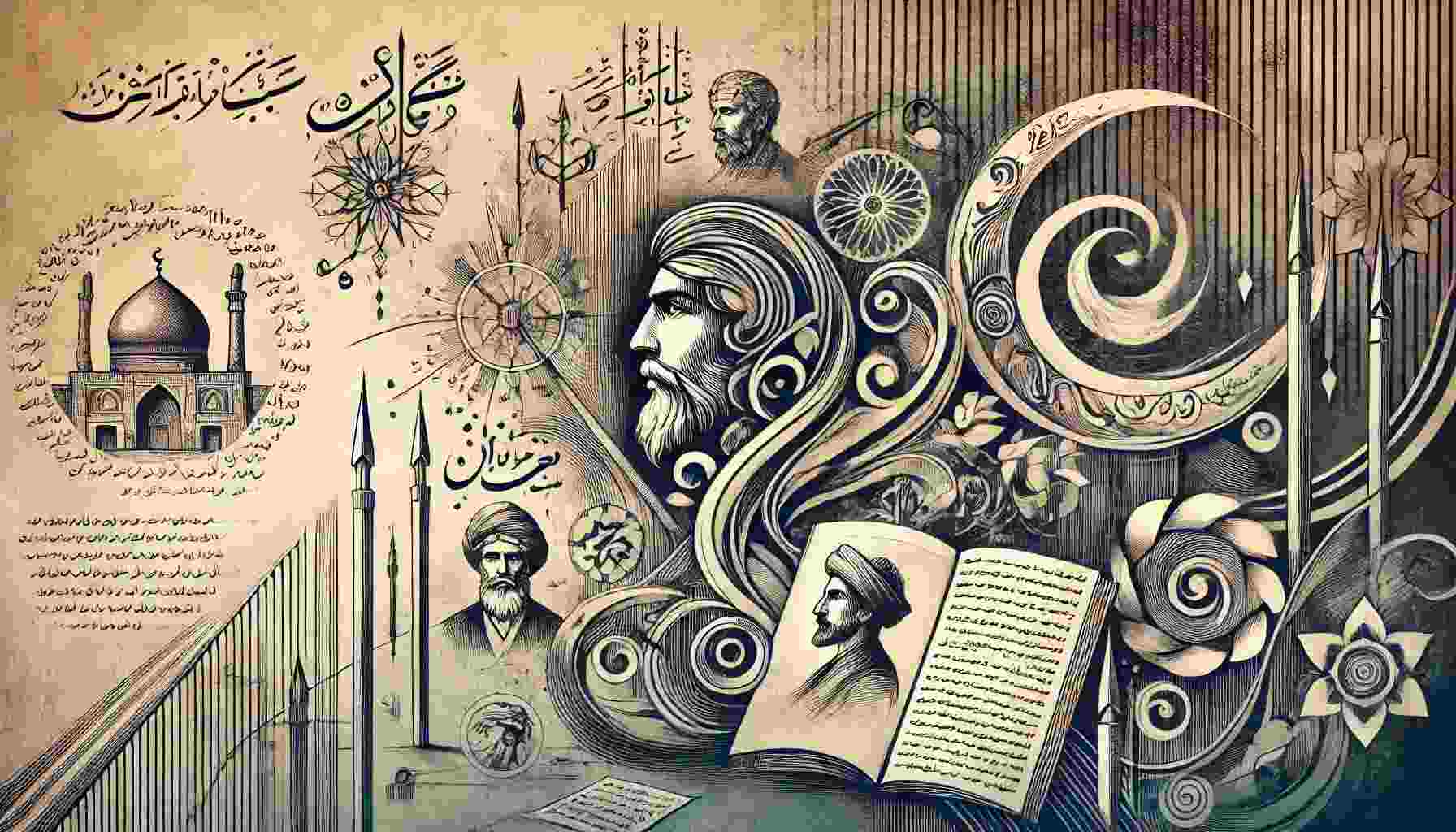
Concluding Thoughts on Martyr! and Its Legacy
In Martyr!, Kaveh Akbar has crafted a novel that dives into weighty topics with sensitivity and humor. Cyrus’s journey toward self-discovery, meaning, and artistic expression is captivating, and his struggles with identity, culture, and addiction feel authentically rendered. Akbar’s talent for blending cultural critique, philosophical questions, and rich character development makes Martyr! a standout debut in contemporary literature.
The novel resonates with readers interested in themes of identity, mental health, and existential exploration, making it more than just a novel about addiction or art. It is a meditation on humanity’s search for meaning, its diverse relationships, and the role of art in healing. In this Martyr! book review, KavehAkbar’s work is recognized as a profound exploration of modern disillusionment, offering readers a chance to reflect on life’s complexities and the redemptive potential of creation.

